Equifax, one of the major credit reporting agencies, released information on September 7, 2017 that a cyber security incident may have potentially impacted approximately 143 million U.S. consumers. Based on the company’s investigation, the unauthorized access occurred from mid-May through July 2017. The company has found no evidence of unauthorized activity on Equifax’s core consumer or commercial credit reporting databases.
The information accessed primarily includes names, Social Security numbers, birth dates, addresses and, in some instances, driver’s license numbers. In addition, credit card numbers for approximately 209,000 U.S. consumers, and certain dispute documents with personal identifying information for approximately 182,000 U.S. customers, were accessed.
Although this is not the largest breach that has ever occurred, it is the largest in respect to the severity of personal information taken. It has been reported that 44% of Americans are affected. At this time, it’s unknown who was behind the breach, if taken by criminals, the potential for the personal information to be sold and resold on the dark web is a real threat.
Please see the Equifax website for more details and ways to protect yourself. https://www.equifaxsecurity2017.com/.
The FBI RECOMMENDS THE FOLLOWING:
- Ensure anti-virus software is up-to-date
- Implement a data back-up and recovery plan to maintain copies of sensitive or proprietary data in a separate and secure location. Backup copies of sensitive data should not be readily accessible from local networks
- Enable automated patches for your operating system and web browser
Remember that criminals will use an email, telephone messages (phishing) or text messages on cell phones to trick recipients into disclosing personal and financial data. Some phishing attempts ask e-mail or text recipients to respond with personal information; and others include links to what appear to be familiar Web sites but are really spoofed copies. Once the user clicks on the link to the spoofed site, all future online activity gets funneled through the phisher’s system, giving him or her access to any account numbers and passwords the user enters online. It can’t be stressed enough that you should NEVER respond to an e-mail asking you to verify or update your personal information, NEVER click on links in unsolicited e-mail that you receive, delete any unsolicited e-mails—don’t even open them! Protect your passwords. Never write them down or enter them online unless YOU initiated the transaction. NEVER give out your personal or financial information on the phone or online unless you initiated contact. CHECK your credit report at least once annually or sign-up for weekly or monthly alerts through credit management agencies. At home, use spam blockers, firewalls, virus protection, and adware & malware destroyers. Update your Operating System whenever security patches are available.
You can also visit www.identitytheft.gov/Info-Lost-or-Stolen to learn more about protecting yourself after a data breach. Provided by LCS Helping Credit Unions Compete
